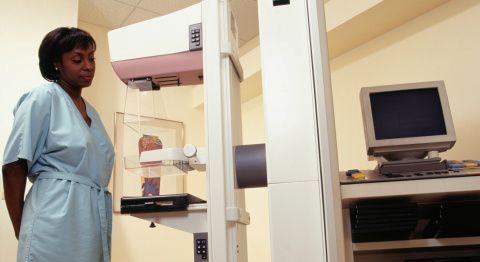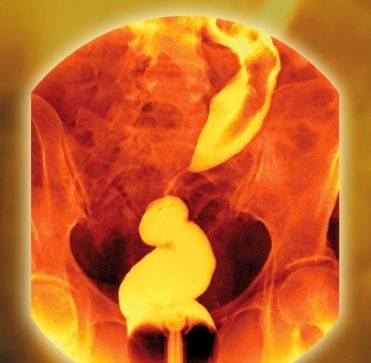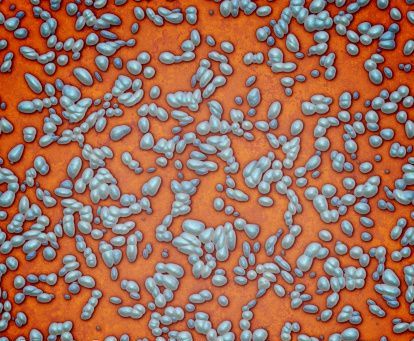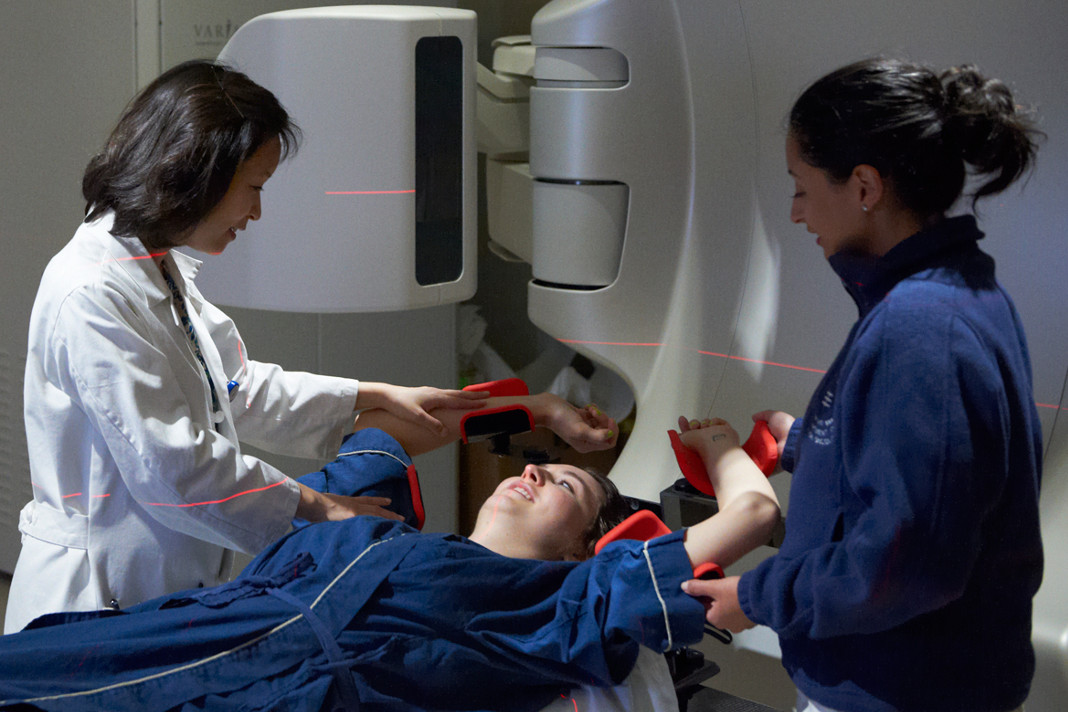— Protect yourself from colon and breast cancer with these life-saving tips
While some causes of breast and colon cancer are unpreventable (like age, family history, and inherited risk), others are completely within your control. Help prevent the formation of these dangerous diseases with some important lifestyle changes.
1. Know your family history

If your family has a history of either breast cancer or colon cancer, your changes may be higher than the average woman. Knowing your family history is therefore very helpful when talking to your doctor about tests and screenings. Poll your family members to find out if any relatives have suffered from either breast or colon cancer and be sure to alert your doctor if you find any incidence of these diseases in your family tree.
A family history may warrant earlier and more regular screenings to catch disease formation early.
2. Get screened regularly

One of the best ways for breast cancer prevention is to catch it before it starts, and that means regular breast cancer screenings. There are three tests generally used for this purpose. Every woman should be doing her own self-exams of her breasts every single month. Talk to your doctor about how to conduct a self-exam. Additionally, women should see their doctors every year for an annual physical, which should include a clinical breast exam.
The mammogram is an x-ray of the breast and should be performed every two years if you are between the ages of 50 and 74. Some women should be screened before the age of 50 if family history or other risk factors are present.
3. Have regular polyp removal

If you have a family history of colon cancer, or have had tests (such as colonoscopy or sigmoidoscopy) to determine that you have colorectal polyps, you should ensure that you have regular appointments with your doctor to have the polyps removed. These adenomas have been shown to develop into colon cancer, and removing those that are larger than 1 cm has been show to lower the risk of colorectal cancer significantly.
4. Take aspirin
This may seem simple, but taking aspirin every day for five years has been shown to decrease the risk of developing colorectal cancer. However, you should speak with your doctor about the risks and benefits of taking aspirin on a regular basis. Possible side effects of this habit include the higher risk of bleeding in the stomach, brain, or intestines, so you will have to weigh the benefits against the downsides.
5. Maintain a healthy body weight
A healthy body weight is important for overall health, but particularly in the prevention of certain types of cancer, including breast and colon cancer.
Ensure that you eat well and stay active to stave off gaining weight in order to help prevent these diseases from getting hold of your body.
6. Exercise regularly throughout your life
Regular, consistent physical activity has been shown to help you maintain a healthy body weight and reduce the risk of both breast cancer and colon cancer. The Department of Health and Human Services in the US recommends that the average adult get 150 minutes of moderate aerobic exercise every week or 75 minutes of vigorous exercise weekly. In addition, you should also be getting 2 days of strength training exercise in every week.
7. Avoid environmental toxins

Some environmental toxins have been linked to the development of cancer, especially breast cancer. For instance, exposure to polycyclic aromatic hydrocarbons, which are breathed in when standing near a running vehicle (the exhaust) and from general air pollution, have been shown to increase the risk of breast cancer in women.
8. Breastfeed

Breastfeeding, for those with children, has been shown to play a role in lowering the chances of developing breast cancer. In fact, the length of time that you breastfeed can have an impact – the longer the better when achieving a protective effect against breast cancer.
9. Determine if hormone replacement therapy is right for you
This is a controversial subject. On the one hand, hormone replacement therapy can actually increase your risk of breast cancer, especially if you have a mother, sister, or daughter with breast cancer. You can also have a genetic test to determine if you are genetically predisposed to breast cancer, which may have an influence on whether you should be taking hormone replacement therapy.
On the other hand, hormone replacement therapy – when it includes estrogen and progesterone – has been proven to lower the colon cancer risk in postmenopausal women. Your doctor should go over the various risks and benefits of hormone replacement therapy to determine whether it is a treatment that would be in your best interest.
10. Eat a healthy diet
Though the evidence is not conclusive, most scientists and doctors believe that a diet high in fiber, fruits, and vegetables provide a protective effect against colon cancer (as well as many other diseases). A diet high in fat, animal protein, and calories, is suspected of increasing the risk of many diseases, including some cancers like colorectal cancer.
Know about:






